Hosting an event, whether a music festival, a sporting event, or a community fair, involves a multitude of tasks and considerations to ensure its success. One of the most critical aspects is the event traffic management. Managing the traffic flow around the event venue must be a priority to ensure safety and prevent mishaps.
A well-thought-out event traffic management plan is essential not only for the convenience and safety of attendees but also for the reputation of the event and the host organisation.
How to Prepare a Comprehensive Event traffic Management Plan?
To prepare an efficient traffic management plan, you must follow these pointers:
1. Understanding the Event
Before diving into the specifics of traffic management, it’s vital to have a clear understanding of the event itself. What type of event are you hosting? How many attendees are you expecting? What is the duration of the event? Answers to these questions will help you determine the level of traffic to expect and the potential impact on the surrounding area.
2. Site Analysis
Conduct a thorough analysis of the event site and its surroundings. Identify all entry and exit points, parking areas, nearby roads, intersections, and public transportation options. Ensure you have hired cable location services to determine the proper location to insert cables for the event. This analysis will provide insights into the existing traffic patterns and infrastructure you can leverage or need to work around.
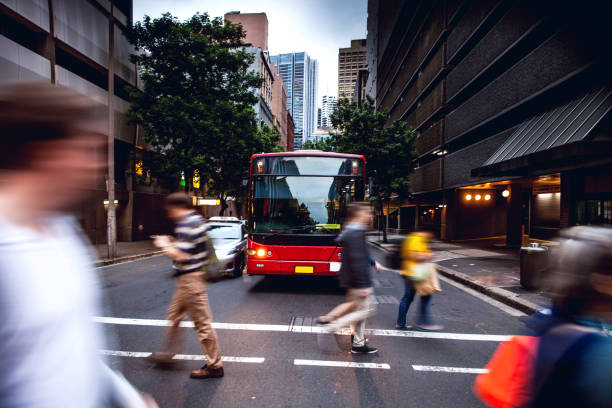
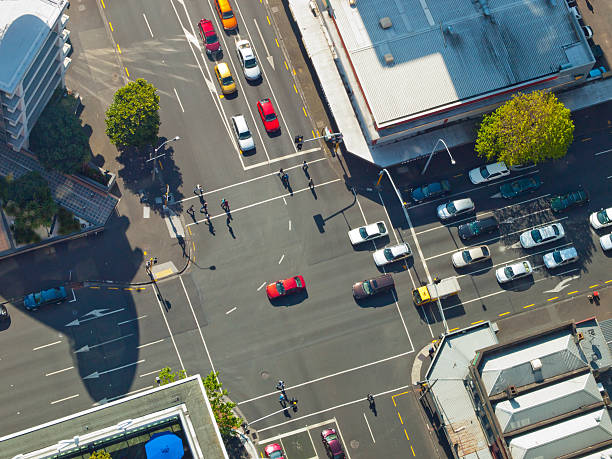
3. Collaboration with Local Authorities
Engage with local law enforcement, transportation authorities, and relevant municipal departments. They can provide valuable input based on their expertise and ensure that your event traffic management plan aligns with local regulations and guidelines.
4. Traffic Flow Strategy
Develop a comprehensive traffic flow strategy outlining how vehicles will enter, circulate, and exit the event area. Consider implementing one-way traffic routes to avoid congestion and confusion. Designate drop-off and pick-up zones for ride-sharing services, taxis, and private vehicles.
5. Parking Arrangements
Parking is a critical aspect of any event traffic plan. Identify suitable parking areas and clearly communicate their locations to attendees. Consider offering advanced parking reservations to better manage the influx of vehicles. If parking spaces are limited, encourage carpooling or provide incentives for using public transportation.
6. Alternative Transportation
Promote alternative transportation options such as buses, shuttles, bicycles, or walking routes. Collaborate with local transit agencies to increase public transportation services to and from the event venue. Setting up bike racks and pedestrian-friendly pathways can also enhance the accessibility of your event.

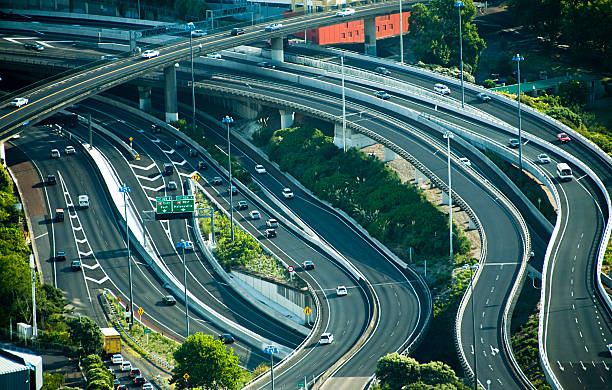
7. Signage and Wayfinding
Strategically place clear and visible signage throughout the event area and its vicinity. This includes directional signs, parking area indicators, and information about designated drop-off zones. Effective wayfinding signage will help attendees navigate effortlessly, reducing the chances of traffic jams caused by lost participants.
8. Traffic Management Personnel
Recruit and train a team of traffic management personnel. These individuals will play a crucial role in directing traffic, assisting attendees, and ensuring the overall smooth flow of vehicles. Their training should cover customer service skills, emergency protocols, and handling unexpected situations.
9. Emergency Response Plan
Prepare for the unexpected by establishing a robust emergency response plan. Coordinate with local emergency services and ensure all staff members, including traffic management personnel, are familiar with the plan. This will help manage unforeseen incidents without disrupting the event or traffic flow.
10. Communication Strategy
Develop a clear communication strategy to disseminate traffic-related information to attendees. Utilise social media, event websites, and mobile apps to provide real-time updates on traffic conditions, parking availability, and alternative transportation options.
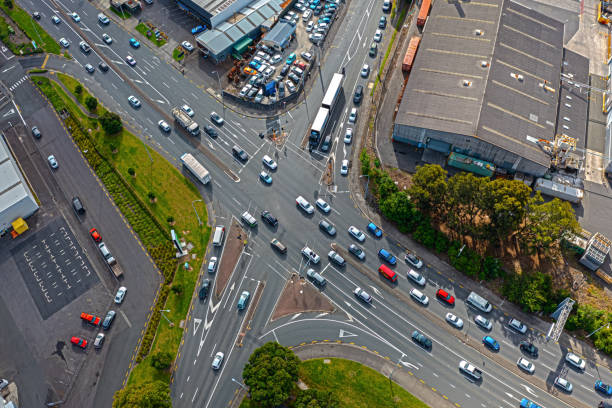
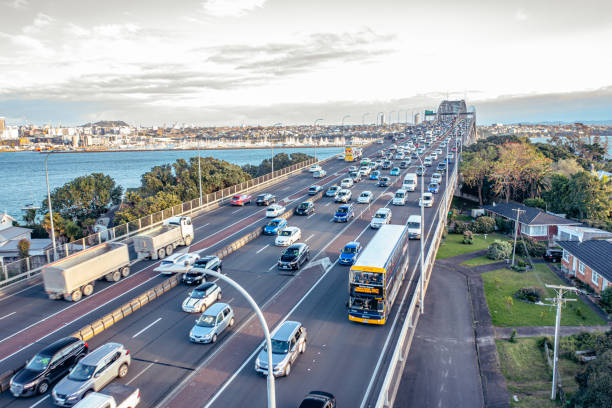
11. Testing and Rehearsal
Conduct a thorough testing and rehearsal of your traffic management plan before the actual event. Simulate different scenarios to identify potential bottlenecks and areas that need improvement. Use this opportunity to make necessary adjustments and fine-tune your plan.
12. Post-Event Evaluation
After the event, gather feedback from attendees, staff, and local authorities. Evaluate the effectiveness of your traffic management plan and identify areas for improvement. This post-event analysis will provide valuable insights for future events and contribute to your ongoing efforts to enhance traffic management strategies.
Preparing a comprehensive event traffic management plan requires meticulous planning, collaboration, and attention to detail. By understanding the unique requirements of your event, analysing the site and traffic patterns, collaborating with local authorities, and implementing effective strategies, you can ensure a seamless and enjoyable experience for attendees while minimising the impact on the surrounding community.
A well-executed traffic management plan not only enhances the overall event experience but also reflects positively on your event’s reputation.
Safetrak Northland Can Take Care of Your Traffic Management Planning Needs!
When it comes to event traffic management in New Zealand, Safetrak Northland is the market leader. Safetrak Northland has been involved in traffic management and control for the past five years. We’ve served a wide range of customers and clients, demonstrating the high calibre of our services.
Our team of traffic management professionals can help with all aspects of traffic management and control. Safetrak Northland, based in Kaitaia, is a locally owned company that provides roading and infrastructure services. From Cape Reinga to Whangarei, we serve a wide range of areas throughout New Zealand.
The company specialises in traffic management and control, ensuring the safety and efficiency of drivers and road workers. Safetrak Northland also offers hydro excavation and cable location services, using advanced equipment and techniques to remove soil and debris and locate underground utilities.
Effective traffic management services are crucial for ensuring the safety and smooth flow of vehicles and pedestrians. These services involve the strategic planning, control, and supervision of road networks to minimize congestion and reduce the risk of accidents. By implementing advanced traffic control systems and utilizing experienced personnel, traffic management services help maintain order on busy streets and highways, facilitating a safer and more efficient transportation environment. Proper traffic control is essential for maintaining safety and efficiency on busy roadways.
For your traffic management needs, contact us today +64 080072338725 or admin@safetraknorthland.co.nz to learn more!

